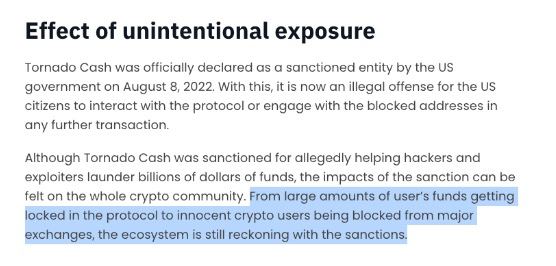What Are Privacy 1.0 Solutions?
Privacy has always been a hot topic in the crypto space. The first serious attempts at privacy-friendly solutions date back to 2013 with the launch of Monero, and even earlier, there were whispers of privacy enhancements for Bitcoin itself. While Bitcoin’s privacy aspirations were eventually shelved, other projects took the lead.
The Early Days of Crypto Privacy
- Monero: The OG of privacy coins. Launched in 2013, it gained attention for its use of ring signatures, stealth addresses, and confidential transactions.
- ZCash: The next big milestone. ZCash brought the power of zk-SNARKs to crypto, making private transactions practical and secure. It became a significant player after Monero.
- The Ecosystem Grows: Following these pioneers, a wide range of privacy-focused projects emerged, experimenting with:
- Shielding Pools: Privacy through grouped transactions.
- Stealth Addresses: Making recipient addresses invisible to outsiders.
- ZK Proofs: Leveraging zero-knowledge technology to ensure privacy without compromising security or usability.
The Problem with Privacy 1.0
Despite their potential, many of these early protocols faced significant challenges that limited their adoption:
-
Compliance Woes:
- Many early privacy protocols ignored regulatory considerations entirely.
- This lack of compliance attracted sanctions, legal scrutiny, and warnings from governments worldwide, creating "disastrous situations" for users and developers alike.
-
Poor User Experience (UX):
- Using these services was often a nightmare—complex interfaces and unintuitive workflows scared users away.
- The result? A mass migration of users to simpler, non-private options on chains with higher TVL.
-
Sanctions and Fallout:
- People lost access to their funds due to sanctions on privacy protocols.
- Users interacting with sanctioned accounts were denied airdrops or had their centralized accounts banned.
Users faced a lot of issues with Privacy 1.0 solutions
Here’s why Privacy 1.0 didn’t quite get main stream:
Regulatory Issues
- Fear Factor: Governments cracked down on privacy protocols, scaring off potential users.
- Lost Funds: Some users lost access to their crypto due to sanctions on protocols like Tornado Cash.

- Airdrop Denials: Imagine interacting with a protocol and then missing out on rewards because it got flagged. Ouch.
- Account Bans: Centralized exchanges and wallets often shut down accounts that interacted with privacy protocols.
User Experience (UX) Problems
- Let’s face it: nobody wants to read a manual to send a private transaction. Early privacy protocols were complicated and unfriendly.
- Result: Users flocked to easier solutions, even if it meant sacrificing privacy.